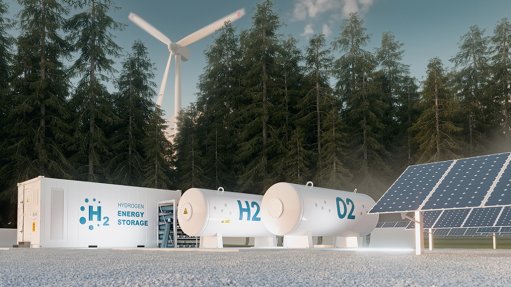
A new study from UK-based Juniper Research has found that the number of hydrogen vehicles in service globally will exceed one-million units in 2027, from just more than 60 000 in 2022 – growth of more than 1 500%.
The Far East and China; West Europe; and North America are expected to lead the market.
Juniper Research defines hydrogen vehicles as vehicles that use hydrogen propulsion systems as their onboard fuel. The chemical energy of hydrogen and oxygen reacts with the fuel cell and converts the energy to electricity.
The research identified hydrogen vehicles as an increasingly viable alternative to battery electric vehicles (BEVs).
The potential for enhanced range and rapid refuelling compares favourably with BEVs, notes the research.
These positives have led to significant investment by car manufacturers, including Hyundai, Toyota and BMW, and should translate into increasingly popular and available products over the next five years.
The research study also forecasts that the consumer market will lead the hydrogen vehicles space, with consumer vehicles accounting for more than 60% of hydrogen vehicles in service around the world in 2027.
The report identified the nascent development stage of many commercial vehicle types and the high average cost of hydrogen powered commercial vehicles, at more than $70 000 globally in 2022, as key factors limiting adoption.
“Manufacturers will need to make hydrogen vehicles more affordable to become viable for fleets, but increased range and suitability for heavy goods transport will ultimately drive growth and economies of scale,” believes research co-author Olivia Williams.
The Juniper report also identified the low availability of fuelling infrastructure as a key challenge for wider adoption, highlighting heavy industry investment as key to reducing this concern over the next five years.
The report recommends that infrastructure vendors provide green hydrogen, produced using renewable energy sources, to best take advantage of concerns around the environment which are driving the adoption of alternative fuels.